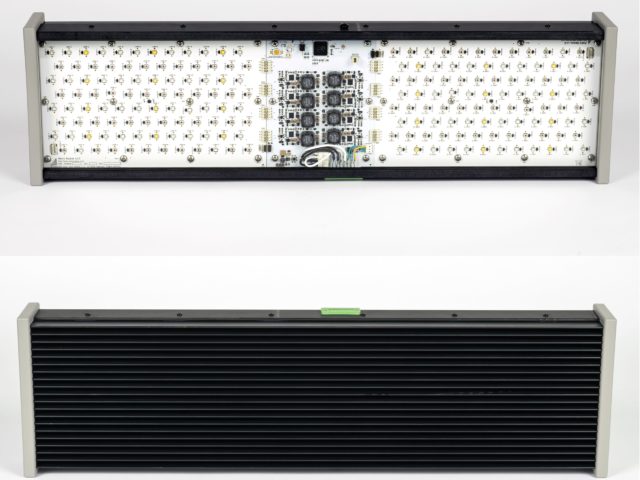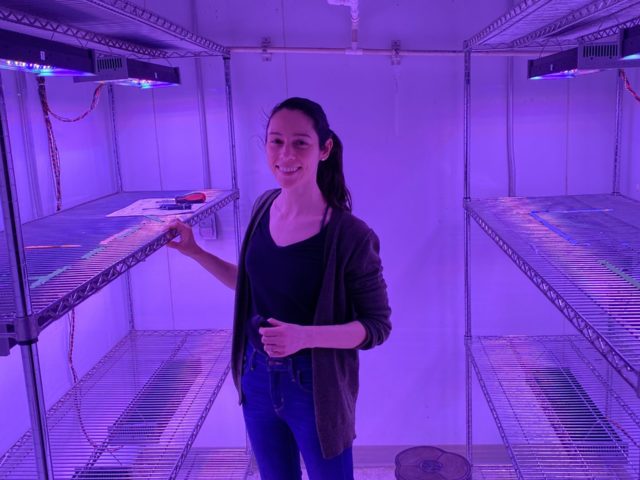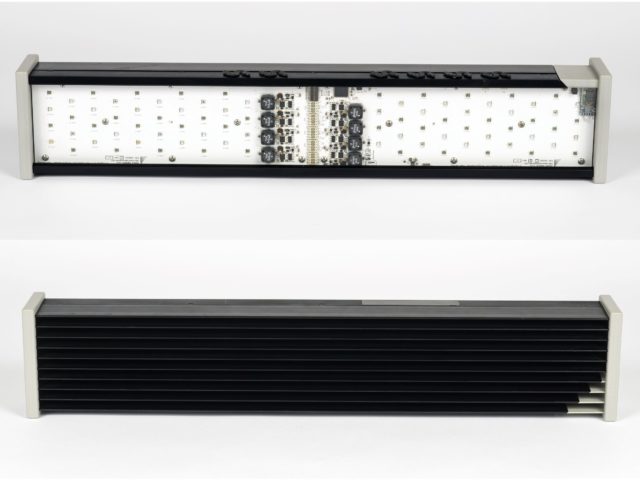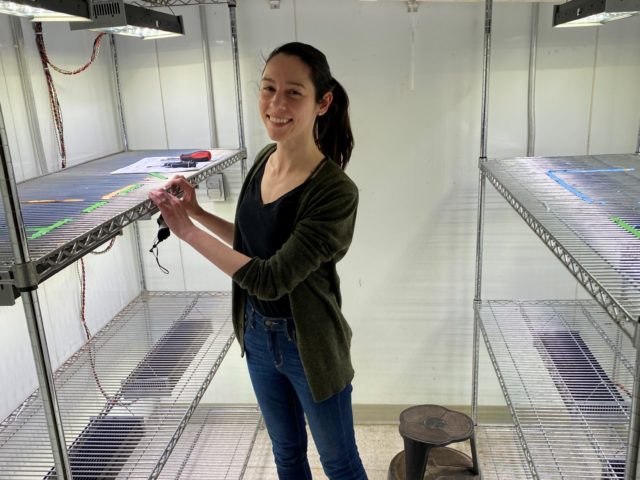Plastid Transformation
Waksman Institute of Microbiology at Rutgers University
Rutgers engages in research on plastids which are semi-autonomous organelles with a relatively small (120-180 kb), highly polyploid genome present in 1,000 to 10,000 copies per cell Plastids, perhaps the best-known of the chloroplasts, convert sunlight, in this case LED light, into chemical energy. Rutgers is developing effective plastid transformation protocols in the model plant Arabidopsis thaliana via Agrobacterium. Agrobacterium has become a major focus in plant genetic engineering.
The Agile Spectrum LED programmable/tunable grow light, ASGL80-GEN1, allowed Rutgers to expedite the growth cycle of plants used in genetic engineering. The initial settings for the light in the Rutgers experiment proved to be too intense. The ASGL80-GEN1 light was then easily adjusted to the required intensity of approximately 50%. This light allows for both pulse width modulation and direct current adjustment modes, further increasing the capabilities as a research tool. These precise adjustment features, along with the uniformity of light output, allow for rapid repeatability of settings and decreased time in the setup phase.
The first Rutgers experiment required 1 light in a small, single growth chamber. The Agile Spectrum design does not include a fan for cooling, as it has a robust heat sink providing passive heat transfer. As such, sufficient air circulation within the chamber is essential, as is normally the case. The capability to remotely locate the DC power supply allows for reduced thermal load on the growth chamber/vegetation and also minimizes environmental cooling requirements by approximately 10%. Of course, this reduced thermal load within the thermal chamber reduces overall chamber operating costs.




